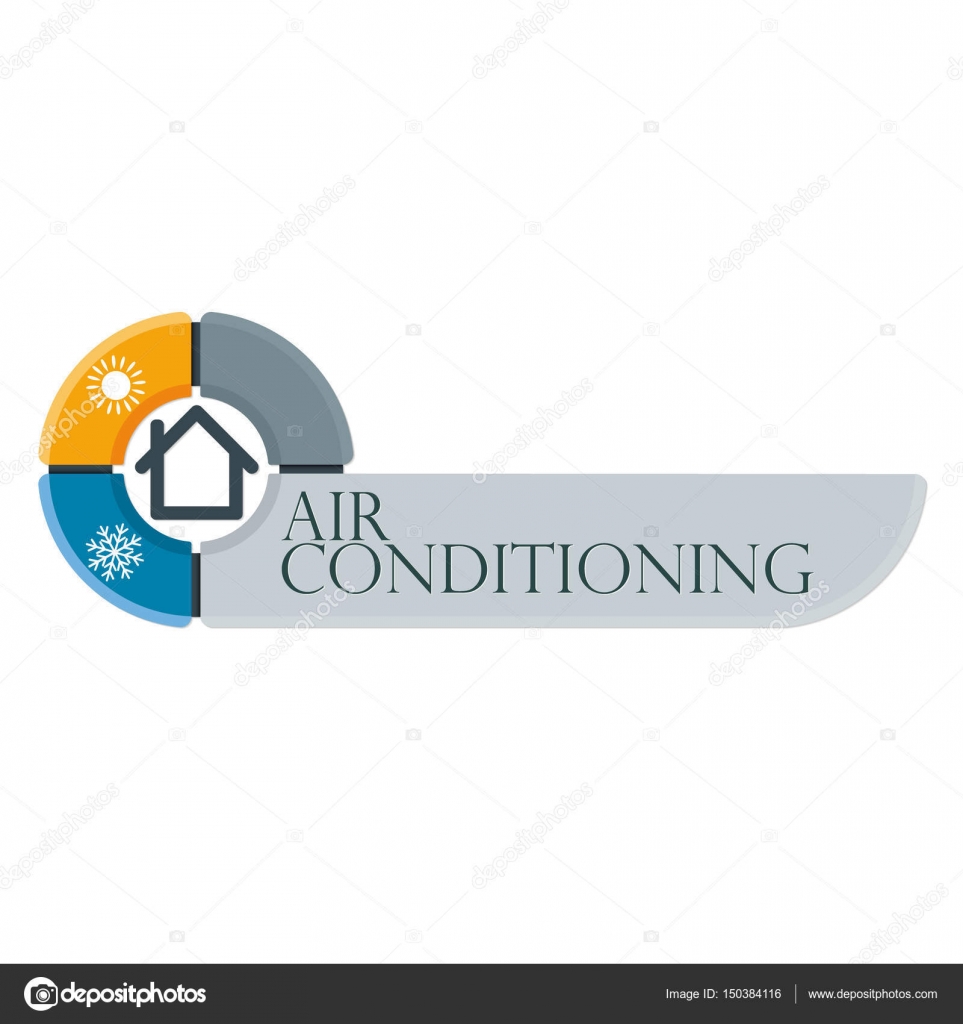Optimizing Convenience And Financial Savings - Tips For Optimizing Your Heatpump Efficiency
Optimizing Convenience And Financial Savings - Tips For Optimizing Your Heatpump Efficiency
Blog Article
Author-Dupont Kiilerich
Whether you have a heat pump or have an existing boiler back up, there are a couple of points that can be done to optimize your system for efficient operation. By following these tips, you can make best use of convenience and cost savings without straining your system or acquiring energy expenses.
Changing your thermostat for efficiency is one of the first steps. Making use of zoning capabilities to restrict home heating of unoccupied rooms is an additional effective strategy.
1. Set Your Thermostat to the Right Temperature
As the seasons change, balancing convenience and cost efficiency can be a challenge. Fortunately, a few basic ideas can help you reduce energy consumption and optimize savings.
Begin by determining the best temperature for your family members, after that set your thermostat as necessary. Stay clear of making large raise and down in the temperature level setting, as this will certainly create your heatpump to cycle on and off a lot more often, using up extra energy.
Rather, slowly lower the temperature level in the evening for a much more comfy resting atmosphere. Then, increase it a little in the morning. Remember to keep air vents open and routed downward when home heating, and up when cooling to enhance flow.
2. Check Your Device Frequently
A heatpump system requires marginal maintenance, however it is necessary to inspect the unit on a regular basis to capture any kind of issues prior to they become severe. Tidy interior filters on a timetable set by the supplier or when they're visibly filthy, and make sure exterior devices have at the very least 2 feet of clearance to enable air movement.
Checking the device will certainly likewise consist of cleansing, tightening up electric terminals, and running efficiency tests to ensure precision during home heating and cooling settings. It's recommended to have a professional service the heat pump two times a year. Doing these routine solutions can optimize power financial savings and prolong the life of the system.
3. Clear Snow and Ice Around the Unit
Heat pumps are made to operate outdoors and need to be without snow and ice in order to flow air. If your heatpump is blocked by snow and can not attract air, it will toggle between heating and cooling and might exhaust.
It is very important to remove a two-foot clearance around your outdoor system in order to boost air flow and prevent ice accumulation. Heat pumps usually go into a defrost setting in the wintertime to thaw ice and snow but this process can be problematic if your unit is obstructed by too much snow. This will minimize your power effectiveness and bring about costly repair service bills in the future.
4. Evaluate the Cooling Agent Degrees
A heat pump uses refrigerant to cool your home in summer season and cozy it in wintertime. You can aid optimize its efficiency by on a regular basis checking the cooling agent degrees.
It takes more power to transform the temperature level of your heatpump from a comfortable setting to a colder one than it does to keep that temperature level. Changing the temperature level for short periods of time can likewise throw away energy.
Dripping air ducts and dirty air filters can cause unequal temperatures. They can likewise make your heatpump much less effective and cost even more to run. A specialist can find and repair these problems to enhance your heat pump's performance.
5. Enhance Your Zoning Capabilities
Making use of the zoning capabilities of a heat pump can help to lessen power waste by heating up only occupied areas. This not just minimizes energy usage yet additionally lowers operating expense and prolongs the life of the system.
The Build Balanced Zones device makes use of a genetic formula to build zones that satisfy needed zone structure criteria. These criteria include equal area, density, and equivalent variety of features.
Furthermore, by making use of clever thermostat innovation to optimize the temperature settings based on occupancy patterns and scheduling, you can further enhance your heat pump's performance. Maintaining https://www.tennessean.com/story/weather/2022/07/04/nashville-weather-heat-advisory-effect-middle-tn/7661200001/ , making sure correct insulation and having your ductwork reviewed for effectiveness can all add to boosted energy cost savings too.
6. Shielding the Outdoor System
House owners often ask whether it's worthwhile to plant shade trees near their outdoor a/c (AIR CONDITIONER) device. The answer is typically indeed, as shading the AC device can help reduce heat from the sunlight, which subsequently assists it cool much more efficiently.
Nonetheless, https://cost-to-add-central-air-t55544.liberty-blog.com/29419375/the-ultimate-guide-to-understanding-warmth-pumps-exactly-how-do-they-work to keep in mind that shielding the air conditioning system doesn't necessarily cut energy intake. As explained in the Conversation section of the FSEC report, the temperature level of the surrounding air has a bigger impact on cooling down performance than does the quantity of air drew in by the air conditioning unit.
If your air conditioning compressor gets on the south side of your home, think about planting tall, deciduous trees with large, spread-out covers. https://costofsmallhvacsystem00099.yomoblog.com/35580431/are-warmth-pumps-one-of-the-most-efficient-hvac-service-for-your-home-a-relative-evaluation can give sufficient shade within one year.